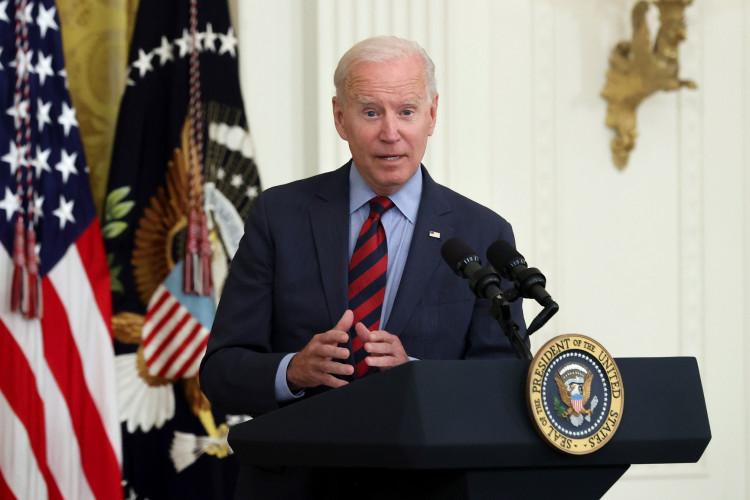The U.S. government's $31.4 trillion debt ceiling may be elevated for two years in a developing agreement between the White House and Congressional Republicans, a U.S. official disclosed. The proposal would cap non-defense spending, excluding military and veteran resources, marking an important turning point for financial negotiations in the nation's capital.
President Joe Biden's negotiators and the Republican House Speaker Kevin McCarthy have reportedly made progress, agreeing on spending limits and funding for military services and the Internal Revenue Service. Nevertheless, certain aspects, including work prerequisites for federal aid beneficiaries, are yet to be agreed upon, delaying the final deal.
The consequences of Congress' inability to raise the self-imposed debt ceiling could lead to a default, risking financial market instability and a potential severe recession. The proposed deal aims to enhance discretionary spending for military and veterans while maintaining non-defense discretionary spending at the current year's level.
It has also been suggested that the White House may downscale its plan to increase IRS funding aimed at hiring more auditors for wealthy Americans. This funding aligns with Biden's budget released earlier in the year, as confirmed by another U.S. official.
The agreement, if concluded, would necessitate a great deal of negotiation and arrangement in the weeks and months to follow. Influential members of each party would need to convince their peers in Congress, divided by a slim margin, to support the deal. This task will be difficult, given the resistance from far-right Republicans demanding extensive spending cuts and progressive Democrats opposing new work requirements for anti-poverty programs.
In a statement, President Biden remarked, "The only way to move forward is with a bipartisan agreement. And I believe we will come to an agreement that allows us to move forward and that protects the hardworking Americans of this country."
Representative Patrick McHenry, a Republican negotiator, indicated that while both sides have voiced their concerns, a serious debate continues, noting "That's why we're still here at the 11th hour fighting about serious things of serious consequence."
As the stand-off continues, uncertainty around the exact time lawmakers have to take action, adds complexity. This deadlock has raised concerns among credit rating agencies, including Fitch Ratings, which warned it might downgrade the U.S. federal government's credit rating, leading to an increase in borrowing costs and affecting the U.S.'s financial system's standing.
As negotiations continue, lawmakers have been alerted to be prepared for votes when a deal is reached, while the American public and investors remain watchful, waiting for a resolution.






